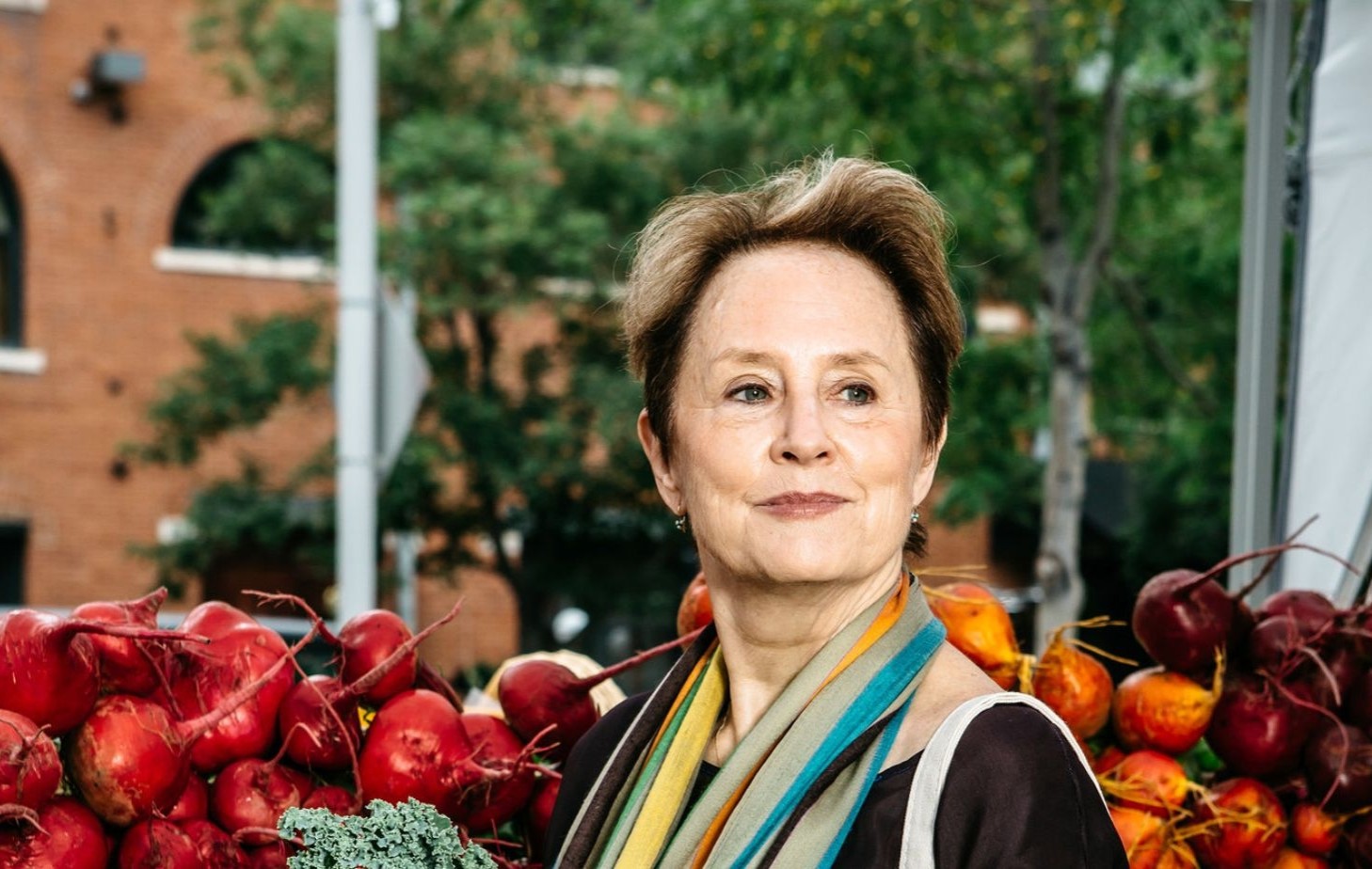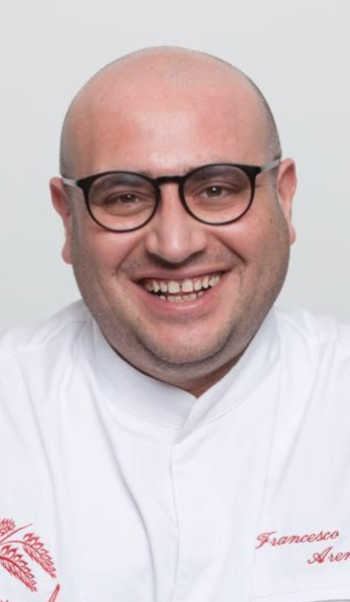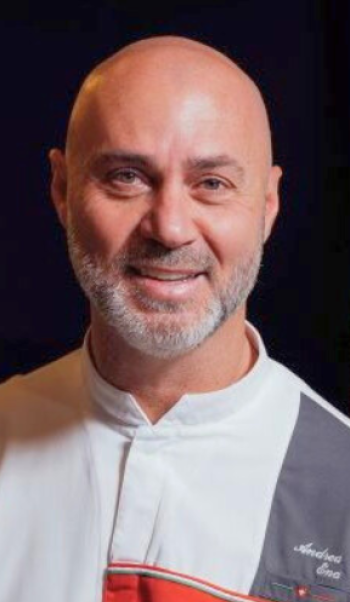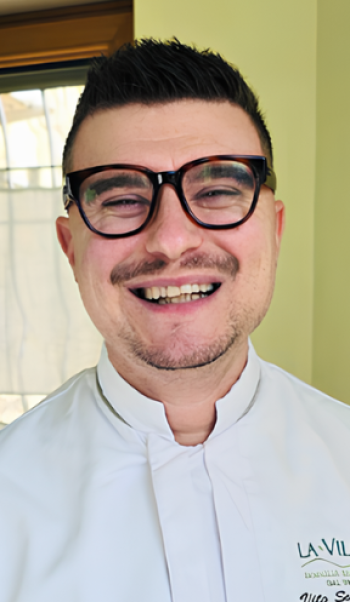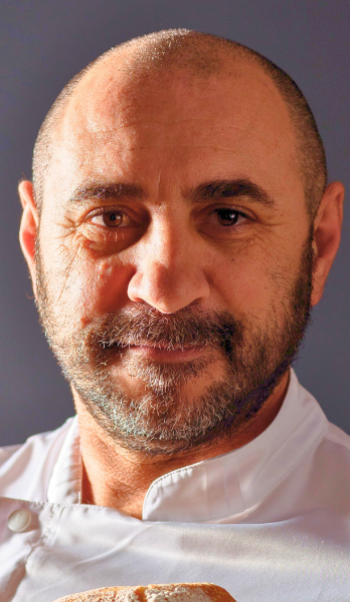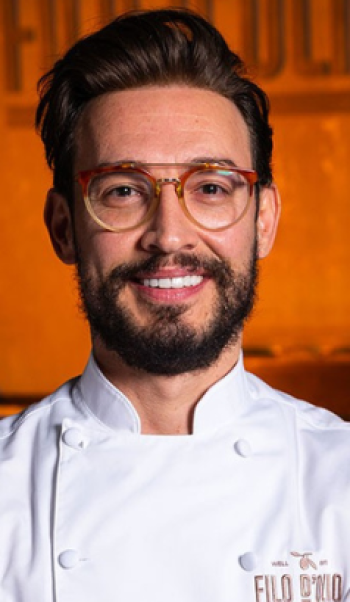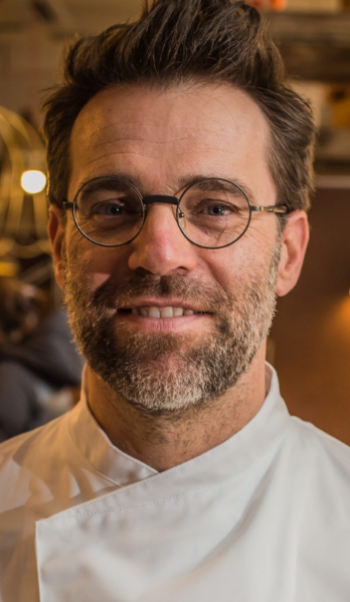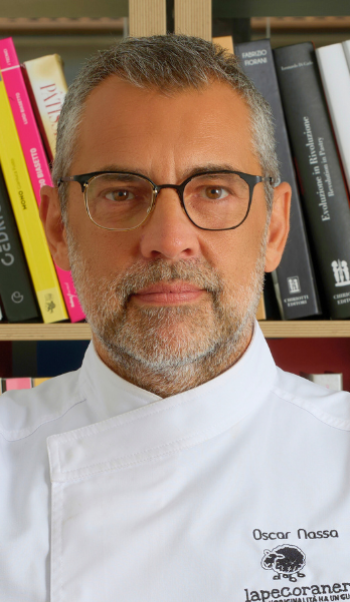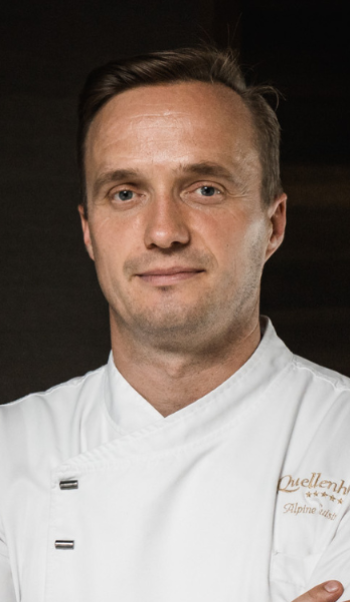Considered the founder of contemporary American cuisine, Alice Waters has revolutionized the way people eat in the United States, wearing both the hats of a chef and an activist. If sustainability is on everyone's lips today, it's also thanks to the revolution she sparked at her restaurant "Chez Panisse", which became a launching pad for the Slow Food movement.
Alice Waters was born in 1944 in Chatham, New Jersey, as the second of four children. Her father was a corporate psychologist and consultant, and her mother was a homemaker. She later recalled that they had a "victory garden," a kind of garden encouraged by the authorities during World War II to alleviate rationing problems. She even dressed up asparagus garlands and crowns for Halloween one day.
Waters initially studied French culture at the University of California for two years before moving to Berkeley and earning her degree in 1967. During this time, she participated in the Free Speech Movement, which fought against the ban on political activities in universities, contributing to the anti-Vietnam War movement. Her commitment to activism continued throughout her life, even as a chef. It was during a year at the University of Paris and her travels throughout Europe that she was struck by the different appreciation of cuisine and dining in France. This led her to immerse herself in in-depth studies of food. She further honed her skills at the Montessori Institute in London, seizing the opportunity to return to France. It was during a meal at a Breton restaurant that she was captivated by the chef's approach: he appeared to announce the dishes, which were freshly caught trout and local raspberries. The simplicity of the ingredients and the freshness of locally-sourced produce paved the
way for unforgettable emotions. She commented, "I couldn't believe what I was eating, I absorbed it all."
Back in Berkeley, Waters began teaching at the local Montessori institute and writing articles, increasingly focusing on food-related topics. Young people were starting to travel and seek the same flavors at home, and in response to this demand, she borrowed $10,000 in 1971 and opened "Chez Panisse" in Berkeley, named after a character in a Marcel Pagnol film. From the beginning, lacking formal culinary training, she focused on a fixed-price menu to simplify the workload and explored the area to find small suppliers for fresh products, something entirely unusual at that time. Gradually, she built her network of conscientious farmers, growers, and fishermen, pioneering the farm-to-table experience. "It took a long time to break even, as we had no idea how to run a restaurant. The first four years were very rocky."
As things began to stabilize, in 1980, the "Café Panisse" opened above the restaurant, offering a broader Mediterranean-inspired menu. The term "New California Cuisine" started to circulate regarding her followers, and the critics applauded. Two years later, she published her first book, "Chez Panisse Menu Cookbook," followed by other titles. But Waters resisted the allure of success, refusing to open new establishments, host TV shows, or become a spokesperson for advertising campaigns.
Over the years, the restaurant profoundly transformed the way Americans eat, even influencing supermarket shelves, where unusual varieties, local products, and organic items are now highlighted, reflecting positive trends. In 1992, Alice Waters was awarded Chef of the Year by the James Beard Foundation, and "Chez Panisse" was named Restaurant of the Year.
Her campaigns did not stop there. Waters began advocating for food education and the establishment of school gardens through the Chez Panisse Foundation, founded in 1996 on the restaurant's 25th anniversary. She promoted a project called the "School Lunch Initiative," which covers everything from cultivation to the cafeteria and has been implemented at Yale University, attended by her daughter. It also meant fighting against the rampant spread of harmful fast food, both for health and the environment. Another project, called the Garden Project, aimed to reintegrate former inmates.
Naturally, she aligned with Slow Food, which was active during the same years, advocating for good and fair food. Waters became its global vice president in 2002. More recognitions followed, such as the lifetime achievement award from the 50 Best in 2007, the Legion of Honor in 2009, and the National Humanities Medal in 2015.
To this day, the chef remains committed to Slow Food's philosophy: Good, Clean, and Fair, which she continues to support and promote. In 2021, "Chez Panisse" received a green Star from the MICHELIN Guide for sustainability, and the following year, Alice published the book "We Are What We Eat," which she discussed in various public events in the USA. The chef also continues to give lectures on environmental and social sustainability in the food industry. "But my satisfaction is that today you can get a halfway decent salad in many restaurants. It means that many messages have gotten through."
